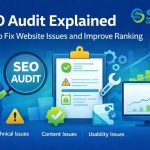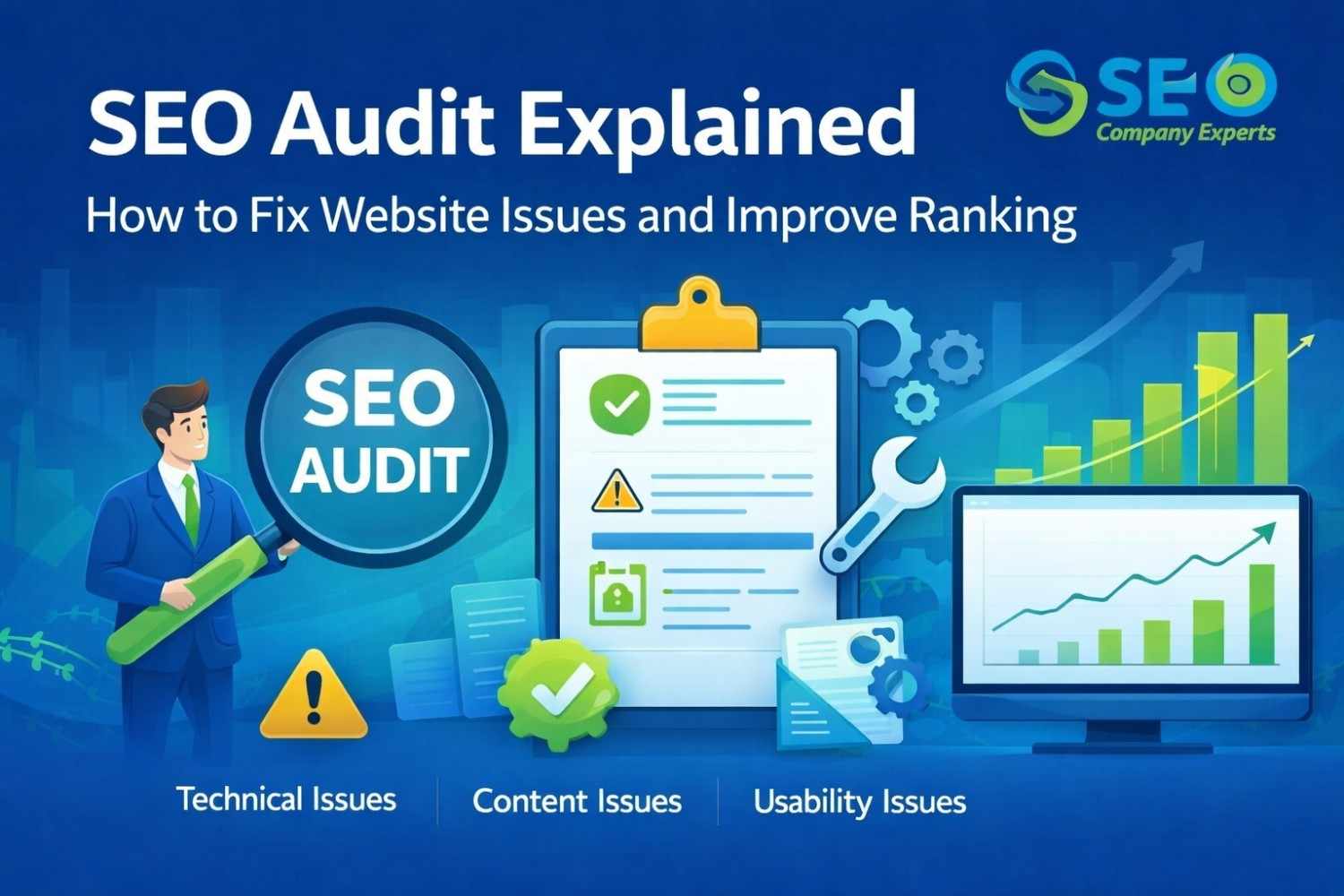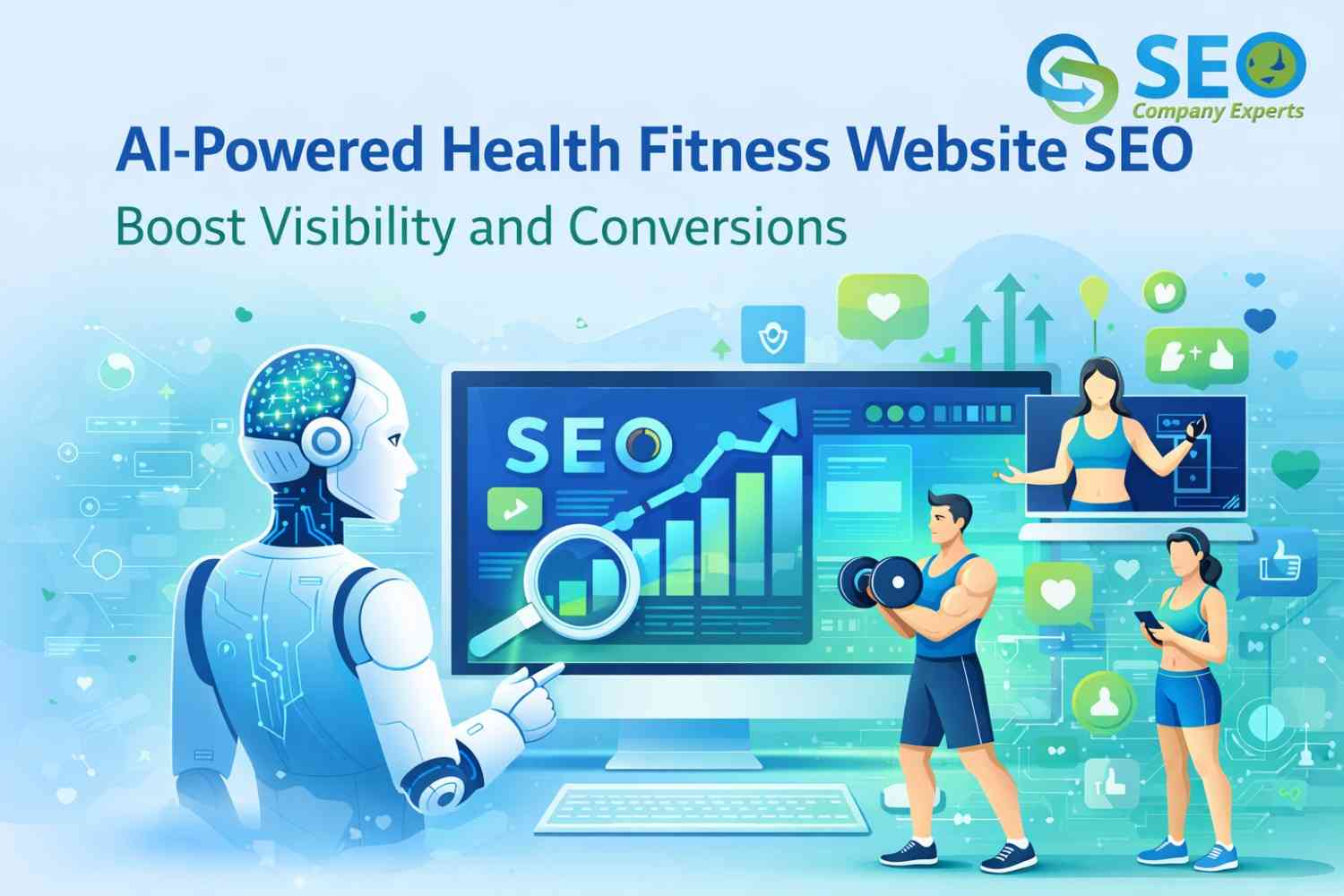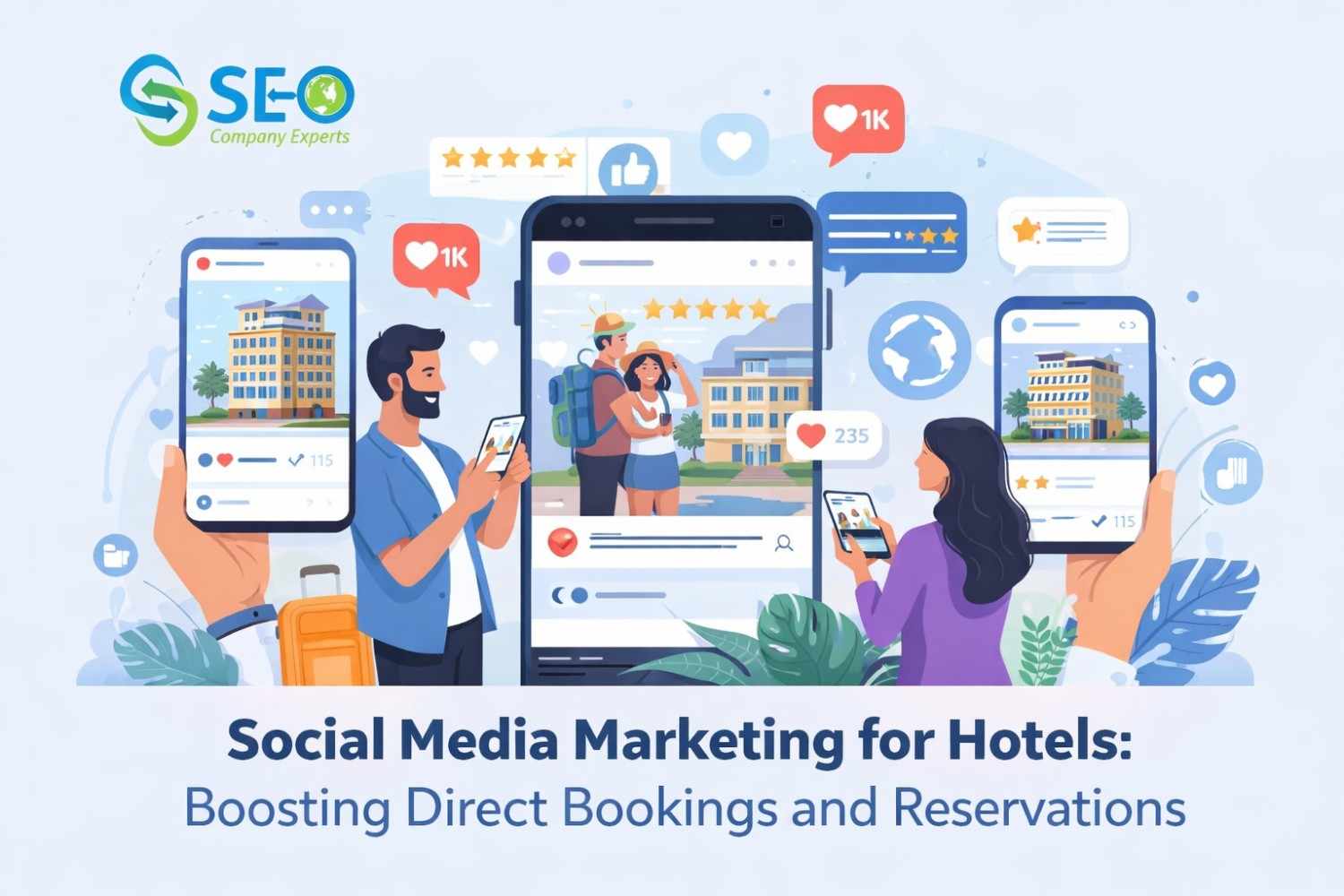
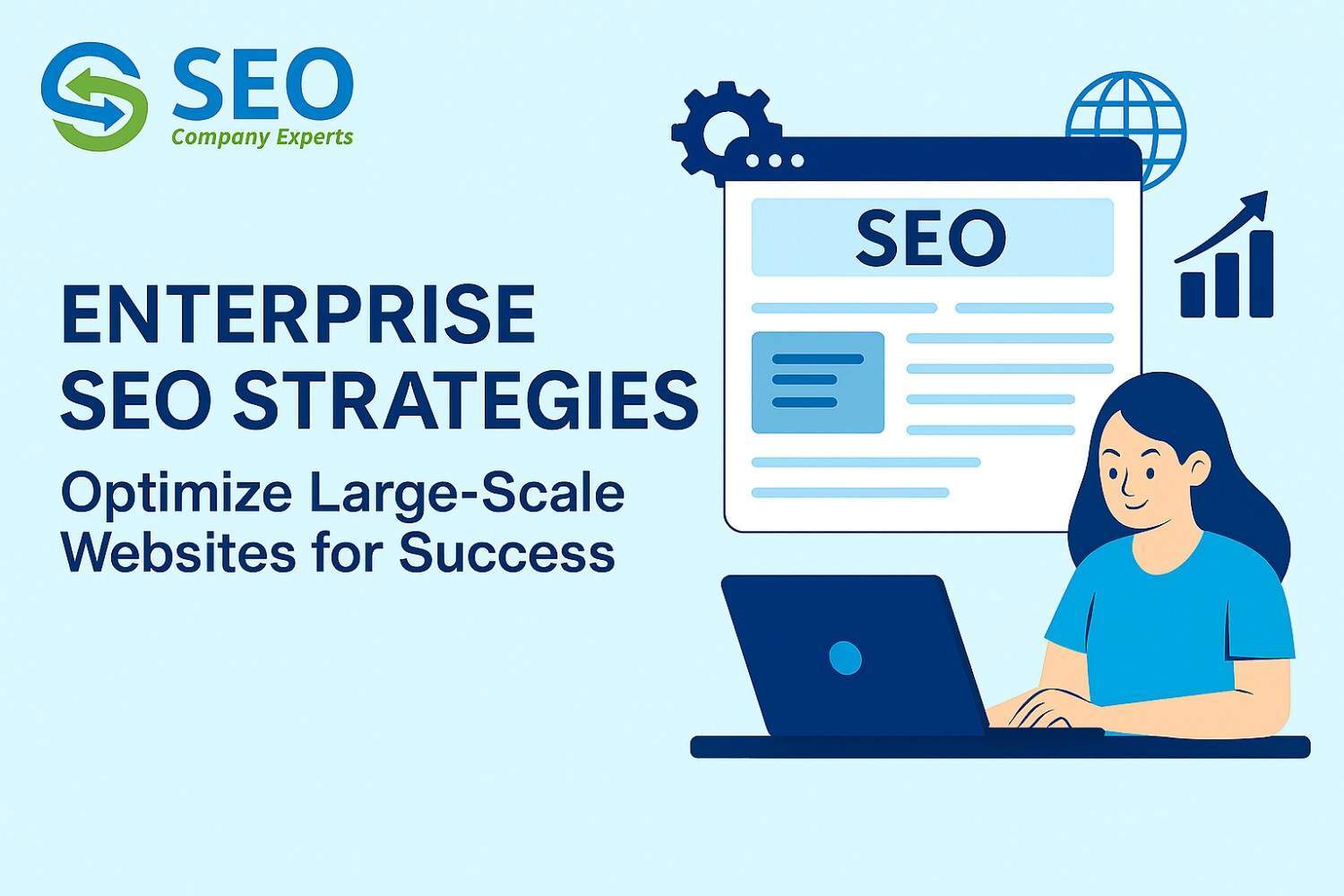
Managing SEO for a website with 50,000+ pages isn’t just scaling up small business tactics—it’s an entirely different challenge that can make or break your digital presence. While small businesses focus on ranking a handful of pages, enterprise SEO demands sophisticated strategies to coordinate thousands of URLs, multiple domains, and complex site architectures that can span continents and languages.
The stakes couldn’t be higher for large organizations. A single technical SEO mistake can impact thousands of pages overnight, potentially costing millions in lost revenue. Enterprise SEO strategies require specialized approaches that address unique challenges like content duplication across massive inventories, coordinating SEO efforts across multiple departments, and implementing large scale website SEO without disrupting existing business operations that generate substantial daily revenue.
What is Enterprise SEO and Why It Differs from Traditional SEO
Enterprise Website SEO operates on a completely different scale and complexity level than traditional small business optimization. Large organizations typically manage websites with tens of thousands of pages, multiple subdomains, international versions, and complex technical infrastructures that require specialized approaches.
The fundamental difference lies in scale, resources, and stakeholder complexity. While small businesses might optimize 20-50 pages, enterprise websites often contain 100,000+ pages across multiple product lines, geographic locations, and business units.
Key Challenges That Define Enterprise SEO
Enterprise websites face unique obstacles that don’t exist in smaller operations:
- Content management complexity: Coordinating content across multiple departments and approval workflows
- Technical debt: Legacy systems and outdated infrastructure that resist modern SEO implementations
- Resource allocation: Balancing SEO investments across numerous business priorities and stakeholder demands
- International considerations: Managing SEO across multiple languages, currencies, and cultural contexts
Essential Enterprise SEO Audit Framework
A comprehensive SEO audit for enterprise websites requires systematic evaluation of technical, content, and strategic elements across massive site architectures. Unlike small business audits that can be completed manually, enterprise audits demand automated tools and specialized methodologies to handle the sheer volume of data.
Technical SEO for enterprises begins with crawling and analyzing site performance at scale. This includes evaluating server response times, identifying crawl budget optimization opportunities, and assessing how search engines interact with complex site structures.
Critical Audit Components for Large Websites
Enterprise SEO audits must evaluate multiple layers simultaneously:
Technical Infrastructure Assessment:
- Server response optimization across global CDN networks
- Database query performance impact on page load speeds
- Mobile usability testing across diverse device types and connection speeds
Content Architecture Analysis:
- Duplicate content identification across thousands of pages
- Internal linking structure evaluation and optimization opportunities
- Content gap analysis compared to competitor enterprise sites
Strategic Keyword Research for Enterprise Websites
Keyword research for enterprise websites operates on an entirely different scale than traditional approaches. Large organizations must identify and prioritize thousands of potential keywords while considering multiple business units, geographic markets, and seasonal fluctuations.
The complexity increases when managing enterprise striking distance keywords—terms where your site ranks positions 4-10 and could realistically reach the top 3 with focused optimization efforts. For enterprise sites, this might involve hundreds of high-value keywords requiring strategic resource allocation.
Advanced Keyword Prioritization Methods
Enterprise keyword strategies require sophisticated prioritization frameworks:
- Business value scoring: Aligning keyword opportunities with revenue potential and business objectives
- Resource requirement assessment: Evaluating technical and content resources needed for ranking improvements
- Competitive landscape analysis: Understanding which keywords are realistically winnable given competitor strength
Content Strategy and Architecture for Enterprise SEO Scale
Creating content clusters for enterprise SEO scale requires systematic approaches that can coordinate content production across multiple teams and business units. This involves developing topic authority through interconnected content hubs that demonstrate expertise across your industry verticals.
Enterprise content strategies must balance scale with quality. The goal isn’t just producing more content—it’s creating comprehensive topic coverage that establishes authority while serving diverse user intents and business objectives.
Content Cluster Implementation Framework
Successful enterprise content clusters follow structured approaches:
Hub and Spoke Architecture:
- Pillar pages targeting high-volume, competitive keywords
- Supporting content addressing specific subtopics and long-tail variations
- Strategic internal linking connecting related topics and user journey stages
Cross-Department Coordination:
- Editorial calendars synchronized with product launches and business initiatives
- Quality control processes ensuring brand consistency across massive content volumes
- Content governance frameworks maintaining SEO standards while enabling creative flexibility
Technical SEO Implementation for Large Websites
Technical SEO for enterprises demands sophisticated implementation strategies that can handle complex infrastructures without disrupting business operations. This includes optimizing server architectures, implementing enterprise SEO with structured data at scale, and ensuring technical changes don’t negatively impact user experience or conversion rates.
Site architecture optimization for large websites requires careful planning around URL structures, navigation hierarchies, and internal linking strategies that can distribute authority effectively across thousands of pages.
Enterprise Technical SEO Priorities
Large-scale technical optimization focuses on systemic improvements:
- Crawl budget optimization: Ensuring search engines efficiently discover and index your most valuable pages
- Core Web Vitals at scale: Implementing performance improvements across diverse page types and user experiences
- Structured data automation: Deploying schema markup systematically across product catalogs and content types
AI and Automation in Enterprise SEO Operations
SEO automation for enterprises has become essential for managing optimization at scale. Manual processes simply cannot handle the volume and complexity of modern enterprise websites, making automation crucial for competitive success.
AI SEO for enterprise applications include predictive keyword performance modeling, automated content optimization recommendations, and intelligent internal linking suggestions that can identify opportunities across thousands of pages.
Automation Implementation Strategy
Enterprise SEO automation requires careful planning and gradual implementation:
Priority Automation Areas:
- Technical monitoring and alert systems for critical SEO issues
- Content optimization workflows and quality assurance processes
- Performance reporting and competitive intelligence gathering
AI-Powered Optimization Tools:
- Machine learning algorithms identifying content improvement opportunities
- Automated A/B testing for title tags, meta descriptions, and internal linking
- Predictive analytics for forecasting SEO performance and resource planning
Data-Driven Results: Enterprise SEO Performance Case Study
A Fortune 500 e-commerce company implemented comprehensive enterprise SEO strategies across their 75,000-page website, resulting in measurable improvements within 12 months. The systematic approach included technical infrastructure optimization, content cluster development, and automated monitoring systems.
Key Performance Improvements:
- 340% increase in organic traffic from enterprise striking distance keywords
- 67% improvement in Core Web Vitals scores across all page types
- 45% reduction in crawl budget waste through technical optimization
- $12.3 million additional revenue attributed to improved organic visibility
The implementation required coordinating efforts across 10 departments, managing approval workflows for 10+ stakeholders, and implementing technical changes without disrupting daily operations generating 5+ million in yearly revenue.
Critical Success Factors:
- Executive leadership buy-in and dedicated budget allocation
- Cross-functional team coordination with clear accountability structures
- Phased implementation approach minimizing business disruption risks
Enterprise SEO Best Practices and Implementation Guidelines
Enterprise SEO best practices center around systematic approaches that can scale across large organizations while maintaining quality and consistency. This requires robust processes, clear accountability structures, and technology solutions that can handle enterprise complexity.
Large-scale SEO management demands sophisticated project management approaches, including change management protocols, stakeholder communication frameworks, and performance measurement systems that align with business objectives.
Essential Implementation Considerations
Successful enterprise SEO requires attention to organizational and technical factors:
- Change management protocols: Ensuring SEO improvements don’t disrupt existing business processes
- Cross-team coordination: Aligning SEO initiatives with marketing, product, and technical team priorities
- Performance measurement: Establishing KPIs that demonstrate SEO value to executive stakeholders
Conclusion
Enterprise SEO strategies require sophisticated approaches that go far beyond traditional optimization tactics. Success depends on systematic implementation, cross-functional coordination, and technology solutions that can handle the scale and complexity of large organizational websites.
The investment in enterprise SEO delivers substantial returns when implemented correctly, but requires specialized expertise and organizational commitment to overcome the unique challenges that large-scale websites present. Partner with experienced enterprise SEO professionals who understand these complexities and can guide your organization through successful implementation.

